Emails reviewed by The New York Times and authenticated by people who worked on the Trump campaign at the time show that Phoenix-based lawyer Jack Wilenchik regularly referred to "fake" electors, people who the campaign suggested be assembled and instructed to be Electoral College electors for then-President Donald Trump in battleground states he lost during the 2020 general election.
The so-called electors "were intended to provide Vice President Mike Pence and Mr. Trump’s allies in Congress a rationale for derailing the congressional process of certifying the outcome" of Democrat Joe Biden's win, per Times reporters Maggie Haberman and Luke Broadwater, who broke the story.
In one email dated Dec. 8, 2020, and sent to Boris Epshteyn, a strategic adviser for the Trump campaign, Wilenchik wrote the following:
“We would just be sending in ‘fake’ electoral votes to Pence so that ‘someone’ in Congress can make an objection when they start counting votes, and start arguing that the ‘fake’ votes should be counted."
In a follow-up email, Wilenchik wrote that “‘alternative’ votes is probably a better term than ‘fake’ votes," adding a smiley face emoji. This is what legal experts call consciousness of guilt.
In another email, Wilenchik said that Kelli Ward—a Republican who was aware of the "fake" electors plan—recommended trying “to keep it under wraps until Congress counts the vote Jan. 6th (so we can try to ‘surprise’ the Dems and media with it) — I tend to agree with her.”
Wilenchik proved to be quite passionate about these plans, and in the email on Dec. 8, 2020, he mentioned that he had been working on the following plan proposed by Kenneth Chesebro, an ally of Trump attorney John Eastman:
“His idea is basically that all of us (GA, WI, AZ, PA, etc.) have our electors send in their votes (even though the votes aren’t legal under federal law — because they’re not signed by the Governor); so that members of Congress can fight about whether they should be counted on January 6th."
"Kind of wild/creative — I’m happy to discuss."
"My comment to him was that I guess there’s no harm in it, (legally at least) — i.e. we would just be sending in ‘fake’ electoral votes to [Vice President Mike] Pence so that ‘someone’ in Congress can make an objection when they start counting votes, and start arguing that the ‘fake’ votes should be counted.”
Although the group went so far as to appoint a "point person" who was tasked with coordinating with electors who had agreed to sign false documents, the plan fell apart when they found that governmental authorities were not willing to cooperate.
The news quickly gained traction and Wilenchik was called out in particular, with many calling for him to be disbarred.
The emails, part of a larger trove of communication showing how multiple members of Trump's inner circle conspired to help him overturn the results of an election Biden won decisively, are the latest development in a larger story largely focused on Trump's actions on January 6, 2021, the day a mob of his supporters attacked the United States Capitol on the false premise the election had been stolen.
Emails were regularly sent to Epshteyn, who coordinated with people inside and outside the Trump campaign and the White House. Epshteyn was in regular contact with John Eastman, who openly planned to derail the certification of the Electoral College on January 6.
Epshteyn also passed along messages to Trump attorney Rudy Giuliani—even sending him the detailed plan Eastman had mapped out—but also handled "questions about how to pay Mr. Eastman and made the arrangements for him to visit the White House on Jan. 4, 2021," per the report.
While multiple individuals were involved in the plot, none of the emails were shared with other lawyers or the lawyers in the White House Counsel’s Office, who had informed the White House that the "fake" electors plan had no legal standing.
During its most recent hearing, the House Select Committee tasked with investigating the January 6 insurrection presented a cohesive timeline of what Trump did—and did not do—during a crucial 187-minute period while the attack was underway.
The committee said that Trump had shown "complete dereliction of duty" after witnesses testified that he ignored pleas to condemn the violence and call off the mob.
White House officials said that Trump did not make any calls to the Secretary of Defense, the Attorney General or the Secretary of Homeland Security during the attack and that he sat in the dining room and watched the attack on television.

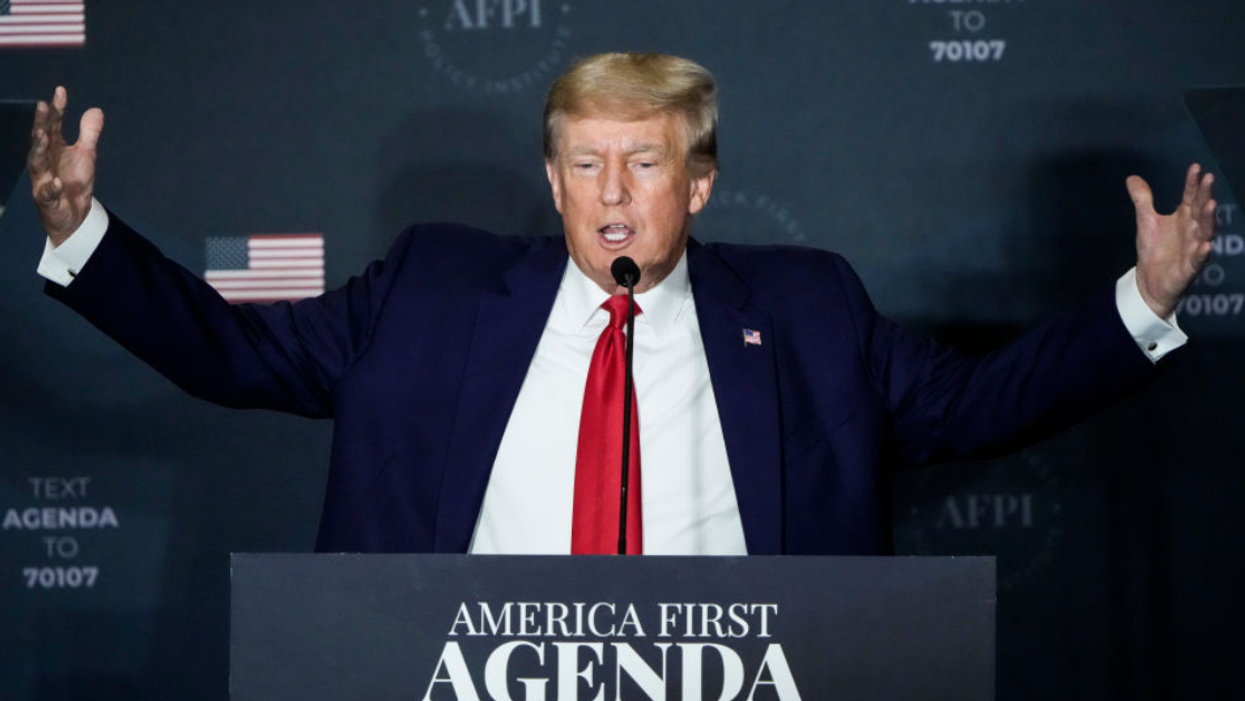

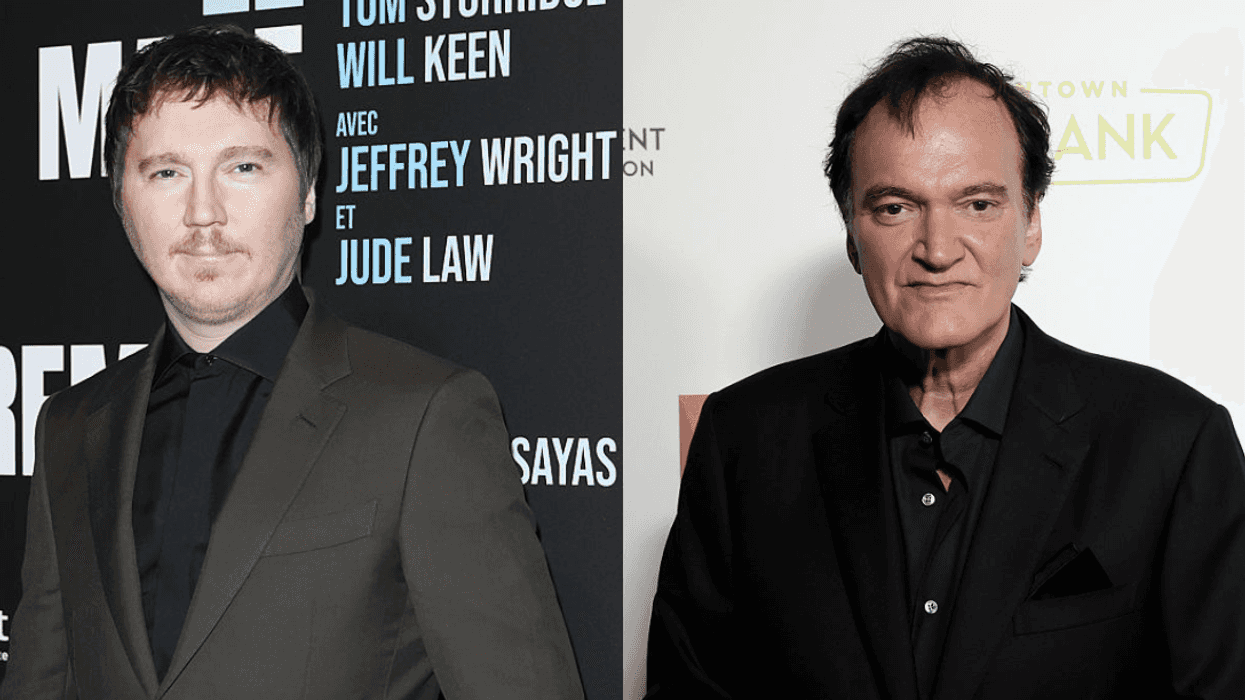
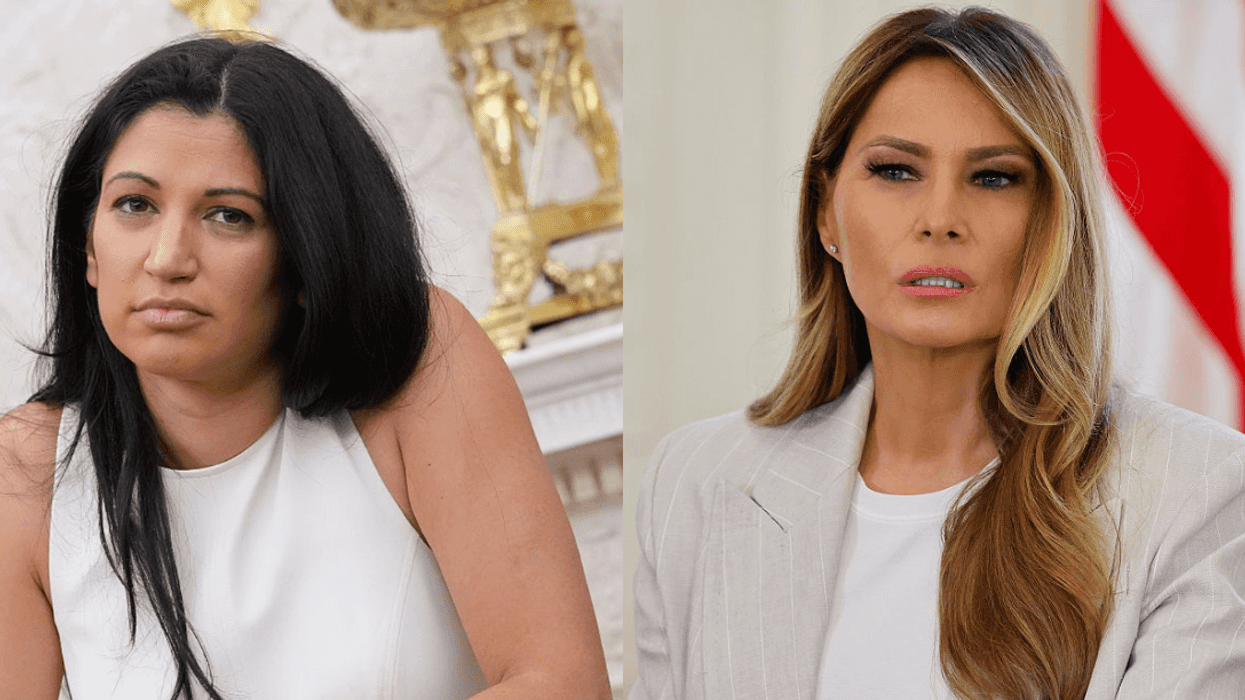


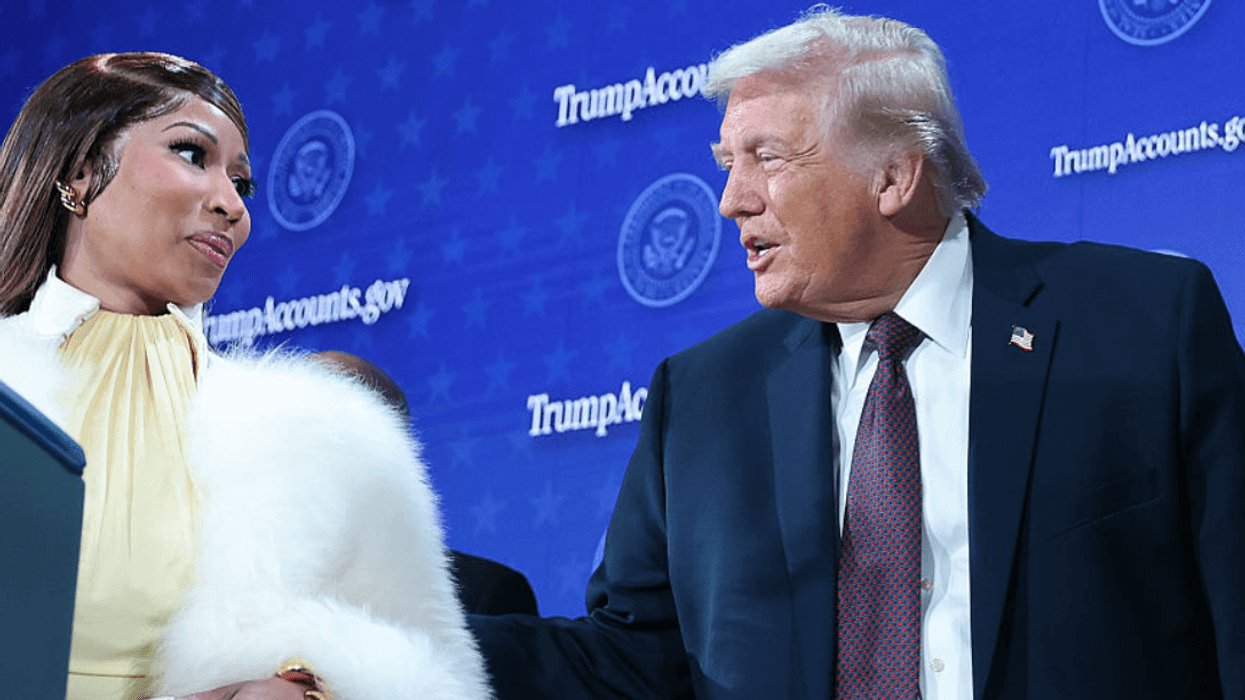
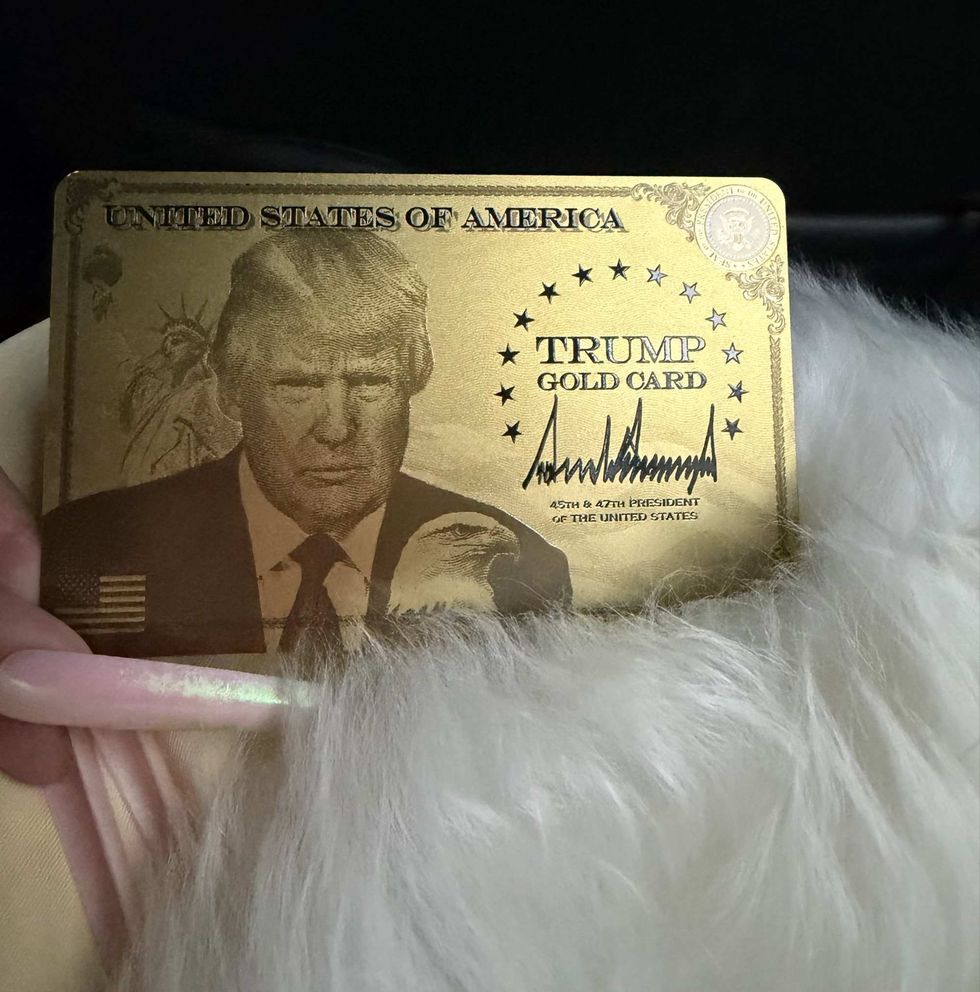 @NICKIMINAJ/X
@NICKIMINAJ/X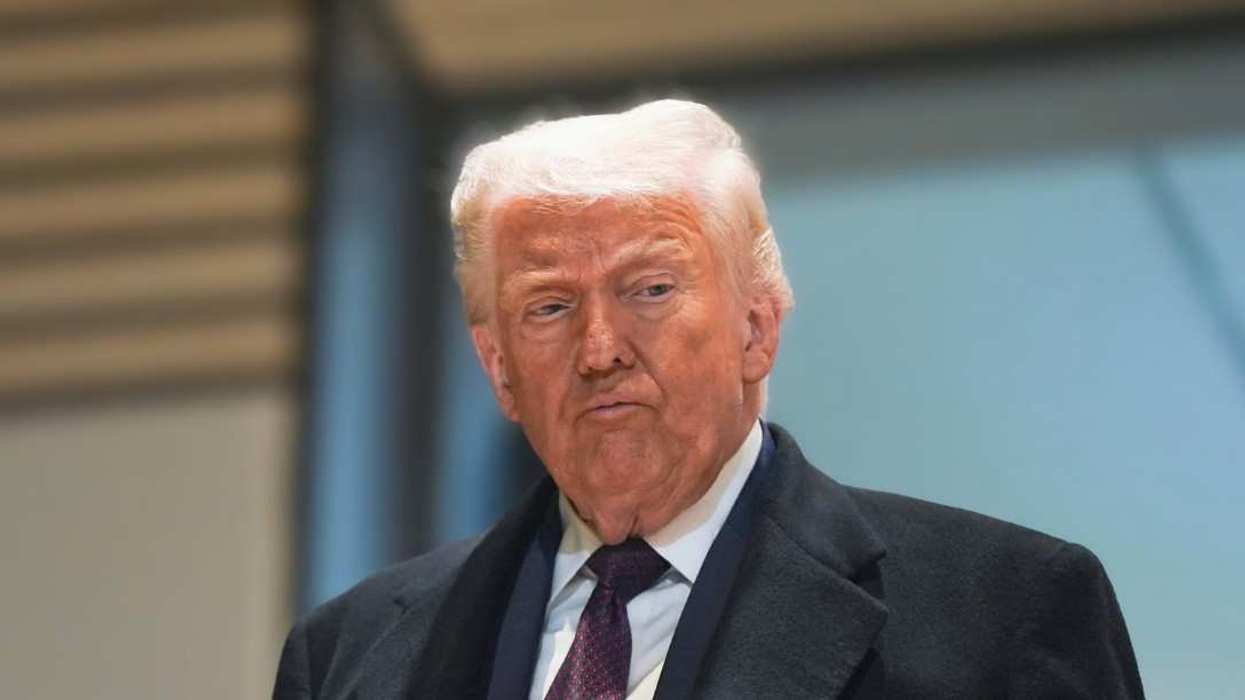
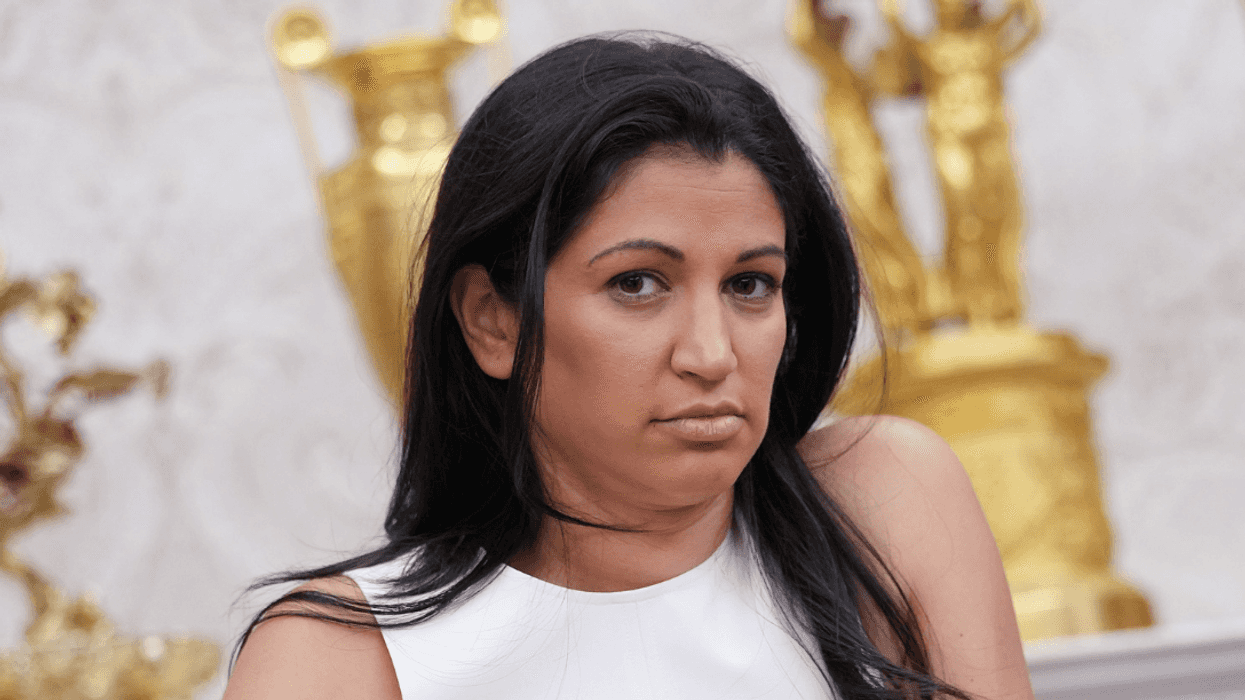
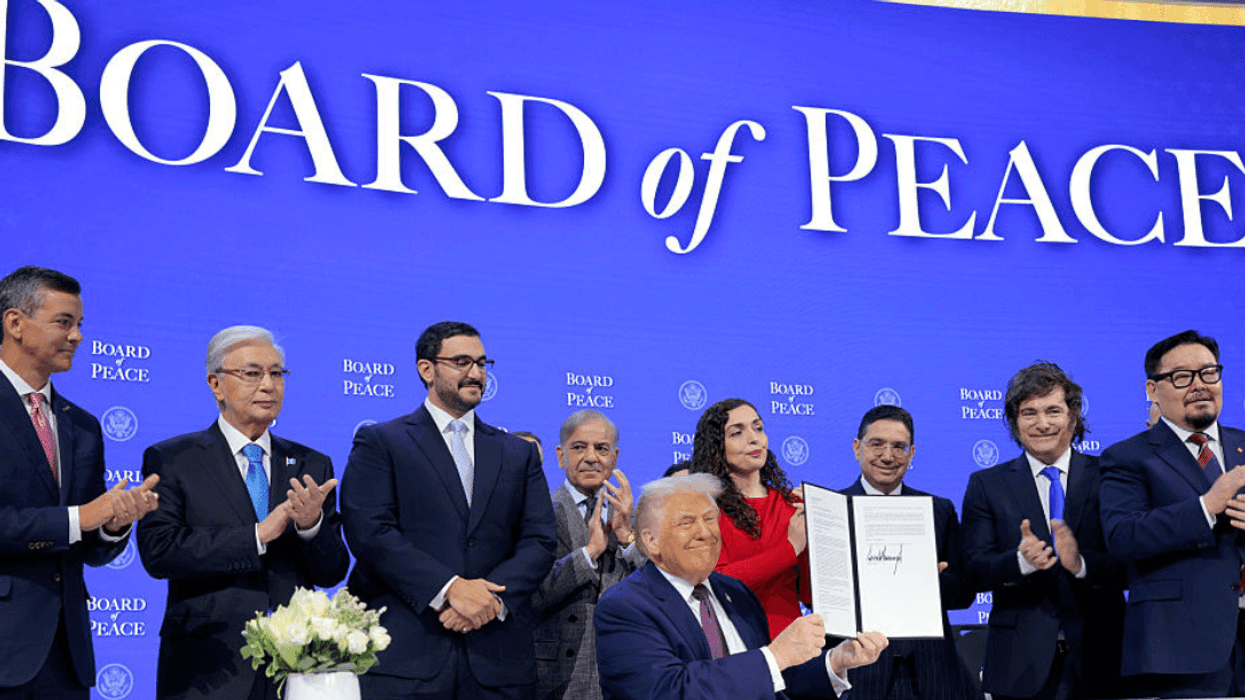



 Red Carpet Picture GIF by Robert E Blackmon
Red Carpet Picture GIF by Robert E Blackmon  Black Friday Christmas GIF by Target
Black Friday Christmas GIF by Target  The Office Boss GIF
The Office Boss GIF  Stay Single Animation Domination GIF by gifnews
Stay Single Animation Domination GIF by gifnews  Season 1 Wedding GIF by NBC
Season 1 Wedding GIF by NBC 
 @kellymengg/TikTok
@kellymengg/TikTok @kellymengg/TikTok
@kellymengg/TikTok @kellymengg/TikTok
@kellymengg/TikTok @kellymengg/TikTok
@kellymengg/TikTok @kellymengg/TikTok
@kellymengg/TikTok @kellymengg/TikTok
@kellymengg/TikTok @kellymengg/TikTok
@kellymengg/TikTok @kellymengg/TikTok
@kellymengg/TikTok @kellymengg/TikTok
@kellymengg/TikTok @kellymengg/TikTok
@kellymengg/TikTok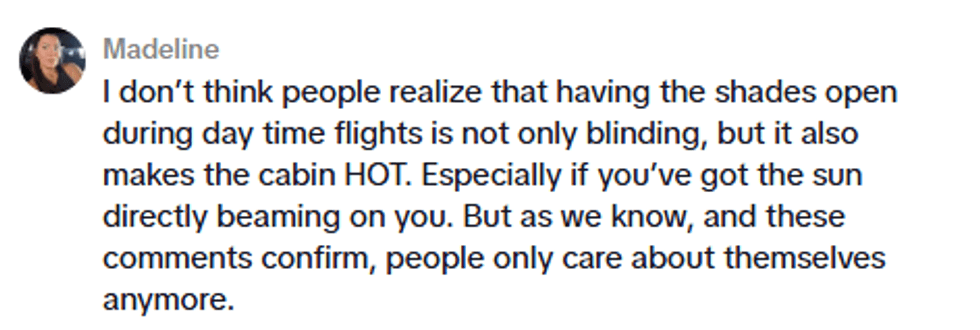 @kellymengg/TikTok
@kellymengg/TikTok @kellymengg/TikTok
@kellymengg/TikTok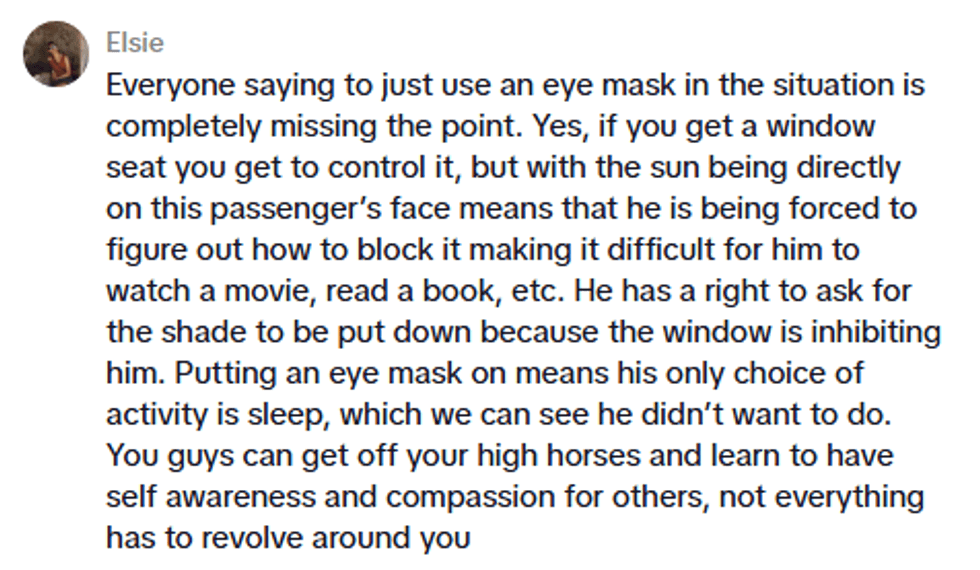 @kellymengg/TikTok
@kellymengg/TikTok @kellymengg/TikTok
@kellymengg/TikTok @kellymengg/TikTok
@kellymengg/TikTok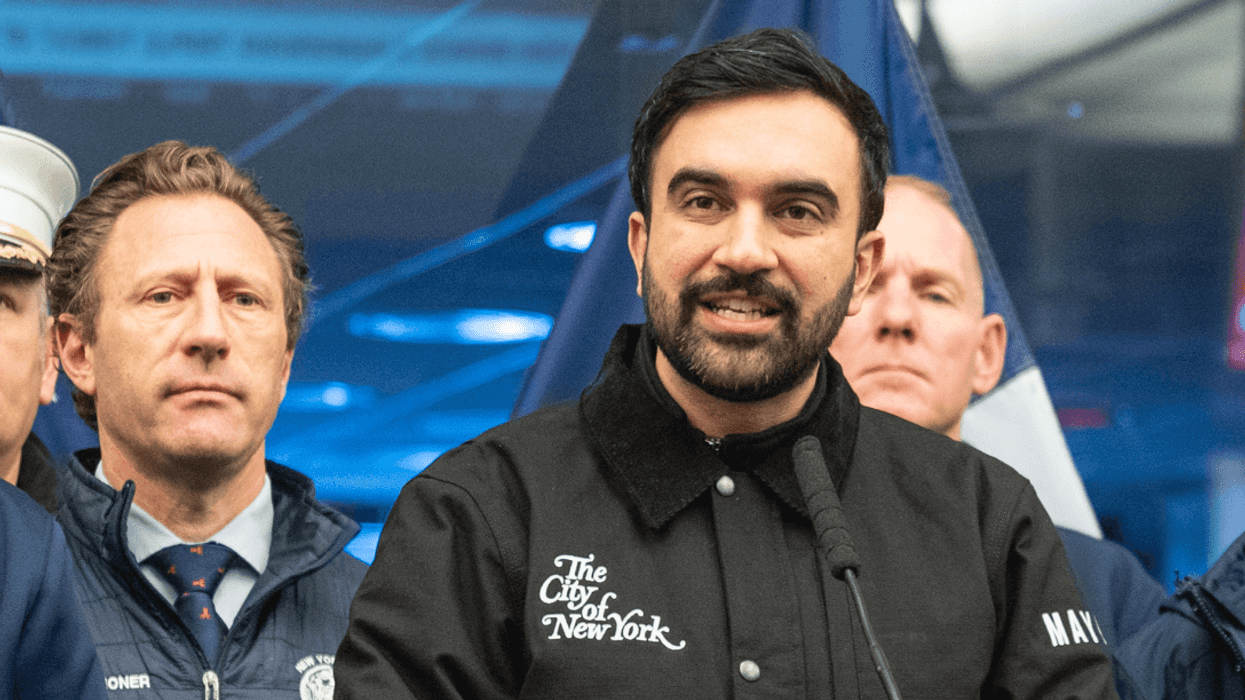
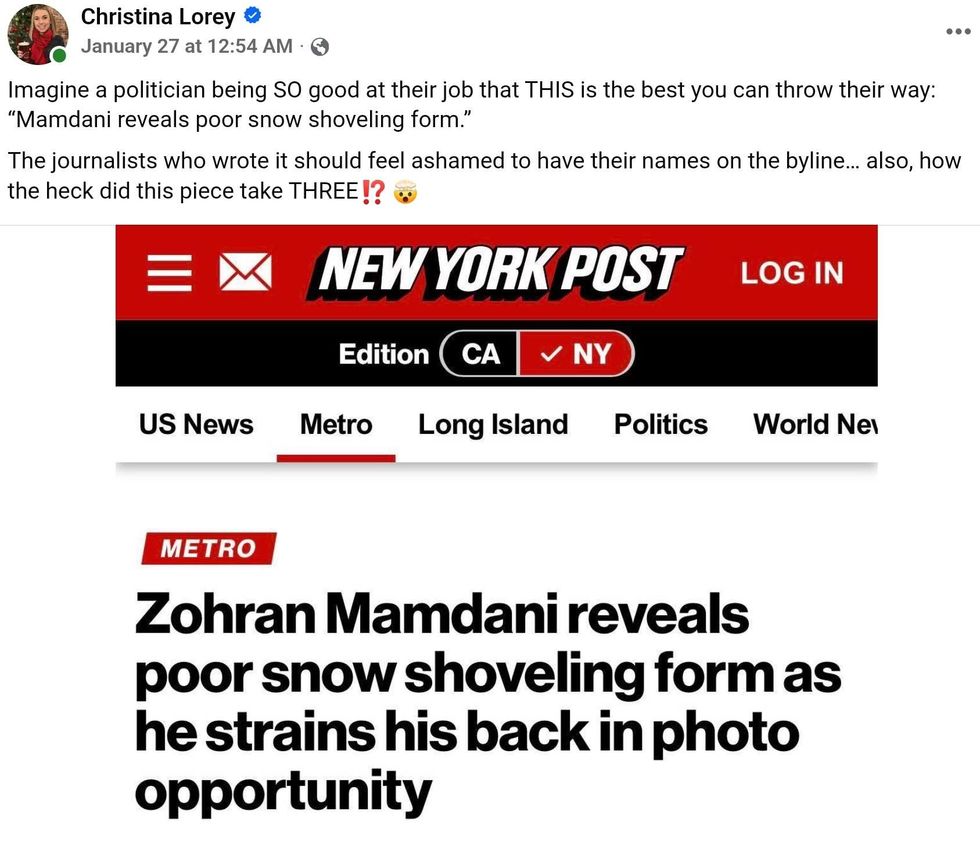 Christina Lorey/Facebook
Christina Lorey/Facebook Barry Novak/Facebook
Barry Novak/Facebook Mary Schroeder/Facebook
Mary Schroeder/Facebook Ben Kayser/Facebook
Ben Kayser/Facebook @danobears/Threads
@danobears/Threads
 @falkthisnonsense/Threads
@falkthisnonsense/Threads @barrypiatoff/Threads
@barrypiatoff/Threads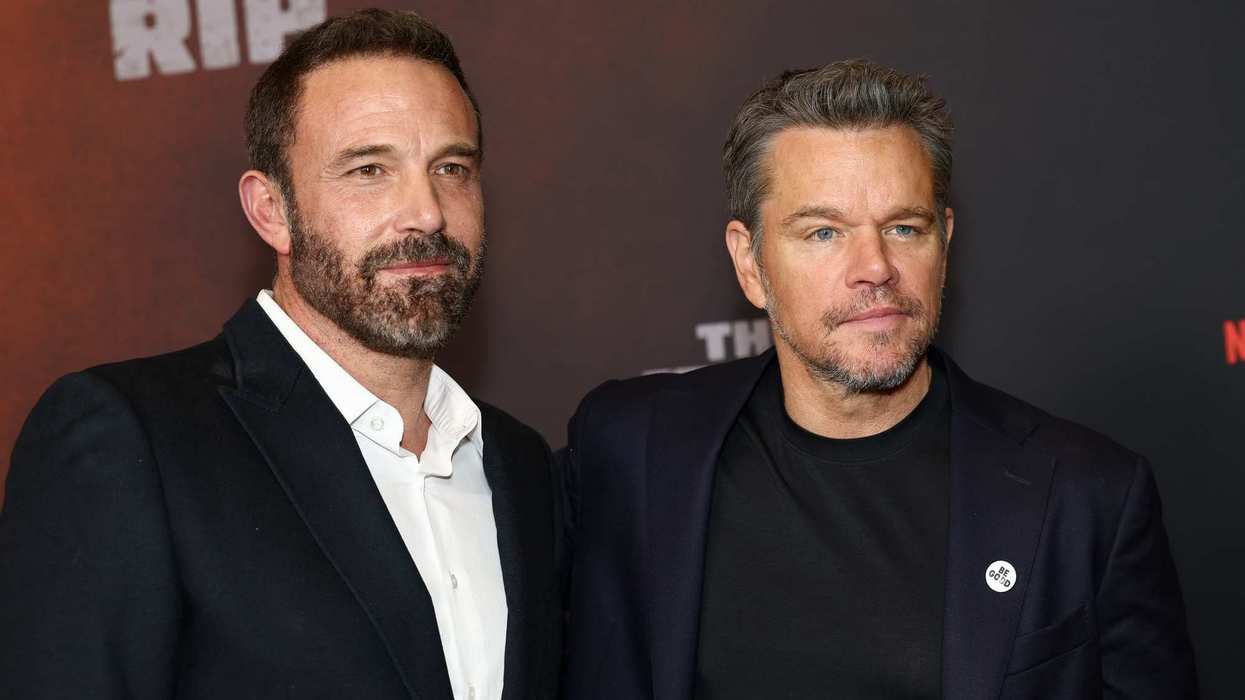
 @sareineity/TikTok
@sareineity/TikTok @jackb7730/TikTok
@jackb7730/TikTok @theboywanders/TikTok
@theboywanders/TikTok @george199013/TikTok
@george199013/TikTok @mrtempoe/TikTok
@mrtempoe/TikTok @soxfanchris/TikTok
@soxfanchris/TikTok